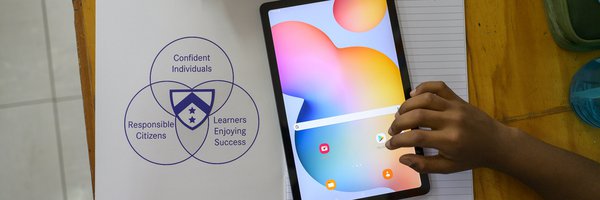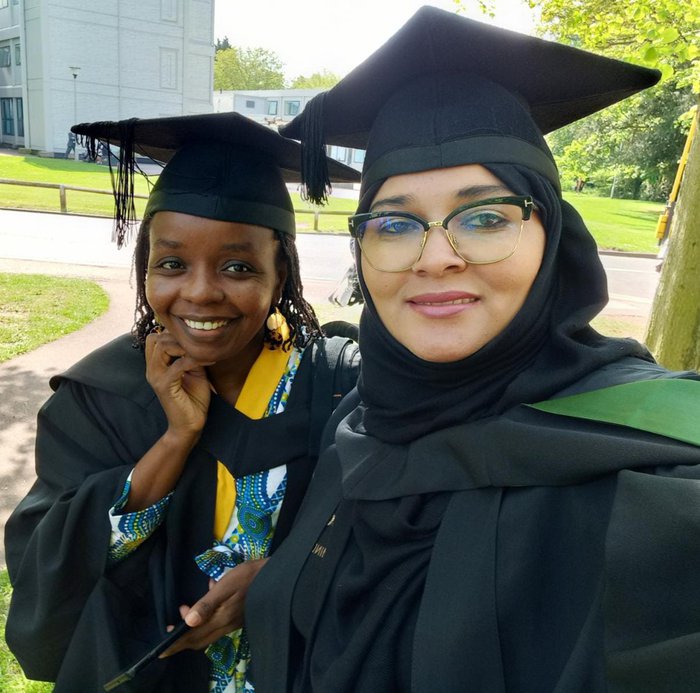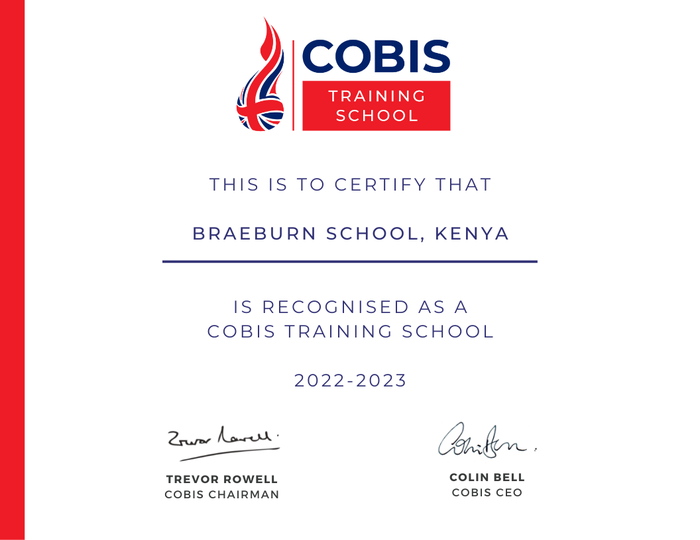
Teacher Training

University of Nottingham
In 2013, Braeburn partnered with the University of Nottingham to offer Post Graduate Certificate in Education International (PGCEi) courses. This is an extremely popular course and attracted over 100 students in its first 2 years.
The PGCEi is a part-time, distance-learning programme of professional development and enrichment for educators working in countries other than the UK.
PGCEi
Braeburn runs a PGCEi course in partnership with the University of Nottingham. This is an extremely popular course and attracted over 100 students in its first 2 years.
The PGCEi is a part-time, distance-learning programme of professional development and enrichment for educators working in countries other than the UK.
- The PGCEi focuses on the improvement of individual teaching practice through critical reflection and action research.
- This course enables students to compare teaching approaches in different countries.
- It comprises an online introductory event followed by distance learning and tutor support.
- Qualified Teacher Status in England and Wales is conferred by the General Teaching Council of the relevant country and not by universities. This PGCEi does not, therefore, offer a licence to teach in the UK.
Course Structure
- The PGCEi consists of three compulsory 20-credit modules.
- Each module will be assessed by a 4,000-word assignment or equivalent.
- Successful completion of all three modules will lead to the award of a Postgraduate Certificate in Education (international).
- Credits at 50% or above can be used towards a full masters award (180 credits) from the University of Nottingham.
- The online induction will involve small group discussion, presentations, whole group interaction and tutorials.
- The induction will be held 9 am-5 pm (local time) over two days. It is compulsory to attend this element of the course.
- The online study element uses a dedicated virtual learning environment including online course materials, learning resources and tutorial support.
- The recommended timescale for the course is approximately twelve months.
How to Apply
Applications for the course must be submitted via this online form: https://bit.ly/PGCEiEastAfrica2025
For any queries, write to Dr. Jennifer Kaumbulu at pgcei@braeburn.ac.ke
Course Modules
Module 1: Educational Aims and Values in International Contexts
This module considers international contexts for education and ideas from the philosophy of education and about the purposes of education in different settings. It introduces a philosophical, comparative and observational focus, which runs throughout the PGCEi course.
Module 2: Understanding Learning and Teaching in International Contexts
This module focuses on the relationship between theories of learning and models of teaching and enables you to translate your developing understanding into your practice through critical reflection. You will be able to select from a choice of different learning theories and pedagogical approaches.
Module 3: Inquiring into Educational Practice in International Contexts
In this module, you will plan and undertake a small-scale investigation in your own educational context. The project is an investigation into an aspect of your student's learning. In preparation for the inquiry and data-gathering processes, the module supports you to develop your understanding of the principles and methodological and ethical considerations of practitioner research.
A research proposal in the form of a formative piece of coursework is submitted to the course tutor for comment at an early stage of work on this module. You are expected to undertake your own literature searches and carry out a literature review to support your inquiry. The completed assignment relates investigation findings to preparatory reading material.
Entry Requirements
Students will need day-to-day access to a computer and the Internet and regular access to a classroom context. You should be a graduate of an approved university or other institution of higher education, generally with at least a second class honours degree, or hold an approved professional qualification deemed equivalent to an honours degree. However, non-standard applications will be considered on a case-by-case basis.
English Language Requirements
If English is not your first language, you must fulfil as a minimum one of the following conditions:
- Graduate of any university in Tanzania or Kenya (for whom Nottingham currently waives the English Language entry requirements)
- IELTS 6.5 (no less than 6.0 in any element)
- TOEFL iBT 87 (no less than 21 in listening, 22 in reading, 23 in speaking, and 21 in writing).
Fees
The fees for the course are GBP £4,200, payable upon acceptance of the course.
Through the three Partnerships, Braeburn has trained over 400 teachers.
Catholic University of Eastern Africa
In 2015, Braeburn approached the Catholic University of Eastern Africa to form a partnership. The aim of the partnership is to develop teachers for the international sector. Trainees acquire the necessary knowledge and skills required for teaching in international schools. A similar partnership was formed in 2017 with the University of Dar es Salaam.
The course is offered as an elective unit to Bachelor of Education students in their third year and is delivered through, workshops, online activities, and lectures. The aims of the course are to:
- Develop an understanding of International Education.
- Develop pedagogical skills in teaching and learning in an International school.
- Create an understanding of the expectations in International Schools.
The International Education Unit includes:
- Differences of National and International Schools
- History of International Education
- Curricular in International Schools
- ICT in Teaching and Learning
- Behaviour Management
- Inclusion
- Teaching and Learning (Secondary, Primary & EYFS)
- Lesson Planning & Implementation
- Assessment in Schools
- Parents and Teachers in International Schools
- Mentoring & Coaching
The mode of delivery for this course includes Workshops, Online activities and Lectures.
COBIS Training School
In 2019, COBIS introduced COBIS Training Schools – a badging and quality assurance scheme to enable schools to demonstrate the breadth and quality of their commitment to professional development, with an emphasis on Initial Teacher Training (ITT), career progression routes and workforce development. COBIS Training Schools serve as regional hubs, hosting professional learning and networking events (virtual or face-to-face) and delivering ITT, as well as sharing and modelling best practice.
We are thrilled to announce that Braeburn Schools is now recognised as a certified COBIS Training School!









